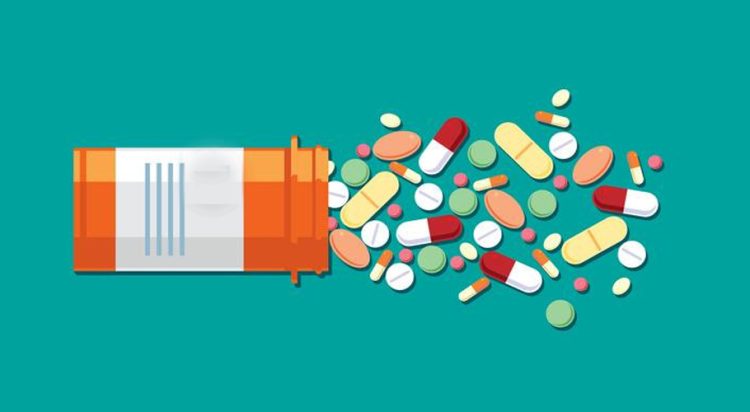Pakistan’s pharmaceutical industry performed exceptionally well in the fiscal year 2024-25, registering a 34 percent increase in exports to $457 million, the highest growth rate in the sector in the last two decades. Now, the pharmaceutical industry has become Pakistan’s fifth fastest growing export category.
According to Business Recorder, the Pakistan Pharmaceutical Manufacturers Association (PPMA) said that exports in FY 2023–24 stood at $341 million, reflecting an increase of $116 million. The previous record growth of 32% was observed in 2009, which has now been surpassed.
In addition to pharmaceutical products, therapeutic goods—including surgical instruments, food supplements, medical devices, and nutraceuticals—reached a combined export value of $909 million, just $91 million short of the $1 billion mark.
PPMA Chairman Tauqeerul Haq attributed this record-breaking growth to the government’s favorable pricing policy.
He said that the deregulation of non-essential drugs in February 2024 gave pharmaceutical companies an opportunity to focus on exports, adding that this policy was in line with international standards, which helped pharmaceutical companies adjust prices according to inflation, make new investments to increase production, and improve the availability of essential medicines. In addition, this step also proved effective in ending the sale of medicines at arbitrary prices in the black market.
Chairman Haq further said that this policy also encouraged foreign pharmaceutical firms to continue operating in Pakistan and invest further, supporting local production of vaccines and Active Pharmaceutical Ingredients (APIs). This would reduce the import bill, promote import substitution, and advance self-reliance.
At the International Center for Chemical and Biological Sciences, University of Karachi, Syed Hassan Arsalan, export representative of a pharmaceutical firm, said Afghanistan remains Pakistan’s largest market for pharmaceutical exports, followed by the Philippines, Sri Lanka, Uzbekistan, and French West Africa.
He said that Iraq is an emerging market with very positive response, while Kenya, Vietnam, Myanmar and Thailand are also becoming the focus of Pakistan’s export focus.
According to Nadeem Rehmat of PharmaEvo, the global pharma market is expected to reach $1.5 trillion by 2030, while the global export volume of generic drugs is up to $600 billion, which is a huge potential market for Pakistan.
Commenting on the report, Maryam Palikar, an analyst at Optimus Capital Management, said that currently Pakistani pharmaceutical companies export to less regulated markets in Asia and Africa, which accounts for 5 to 7 percent of their total revenue.



































